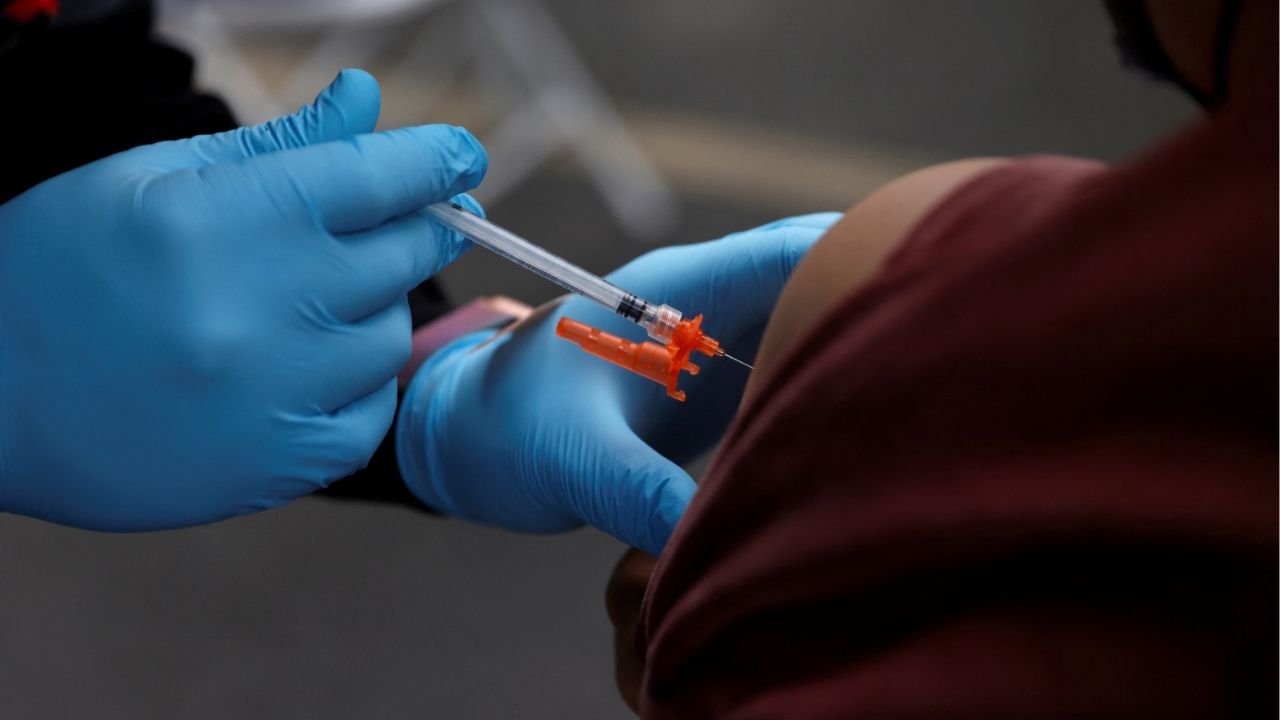A panel of U.S. vaccine advisers has modified its long-standing approach regarding COVID-19 vaccinations. On March 15, 2024, the Advisory Committee on Immunization Practices (ACIP), appointed by Health Secretary Robert F. Kennedy Jr., recommended that COVID-19 vaccines be accessible for all age groups, contingent on shared clinical decision-making with healthcare providers. This marks a significant departure from previous broad endorsements of the COVID-19 shot.
The ACIP’s recommendation allows for coverage by U.S. health insurance programs, a critical factor in ensuring accessibility for patients. The decision was reached during the panel’s second day of meetings, which revealed notable divisions regarding the future of the immunization schedule under Kennedy’s leadership. Kennedy has been known for promoting claims about vaccine safety that diverge from established scientific consensus.
Panel’s Recommendations and Vaccination Debate
The panel’s recent vote came after extensive discussions, including presentations that revisited fundamental scientific concerns typically assessed by the Food and Drug Administration (FDA) prior to vaccine approval. Notably, the panel also voted to restrict the use of the combined measles-mumps-rubella-varicella (MMRV) vaccine for children under four years of age. This decision is part of aligning the U.S. childhood vaccination program with the panel’s recommendations.
The reconstituted panel, established by Kennedy earlier this year, includes several members who have raised concerns about routine vaccinations or have expressed skepticism towards COVID-19 vaccines. Five members were newly appointed just days before the meetings, further complicating the discussions around vaccine guidelines.
Safety Concerns and Vaccine Efficacy
During the meetings, the COVID vaccine working group identified several potential safety issues that they believe require further investigation. In response, leading vaccine manufacturers, including Pfizer, which collaborates with BioNTech, Moderna, and Sanofi, which partners with Novavax, defended the safety and efficacy of their vaccines.
The Centers for Disease Control and Prevention (CDC) presented data indicating that COVID-19 vaccinations provide enhanced protection against emergency department visits for both children and adults. Moreover, the data highlighted that hospitalizations and severe illness rates from COVID-19 remain highest among adults aged 65 and older, as well as infants under six months.
As the debate continues, the panel’s recommendations reflect a shift in the vaccination landscape, emphasizing a more individualized approach to COVID-19 immunization while addressing concerns raised by committee members. The implications of this change will likely influence public health policy and vaccination strategies in the coming months, as the U.S. navigates the ongoing impact of the pandemic.





































































